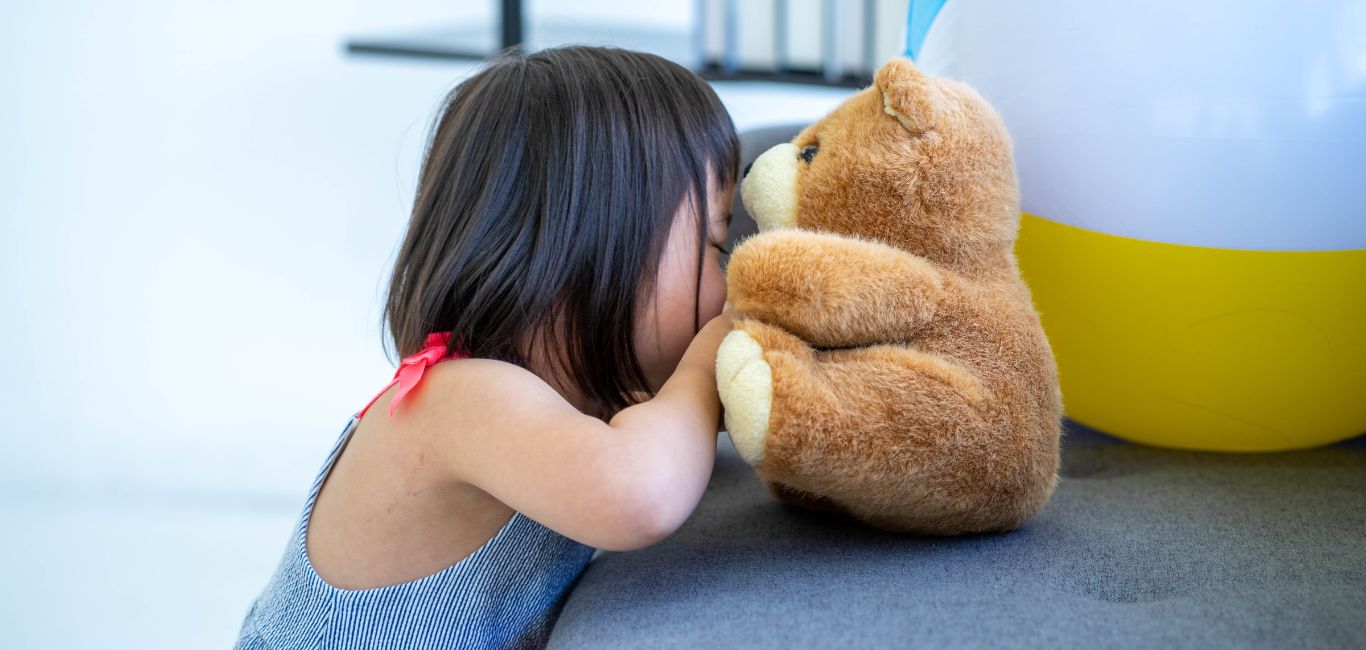
The ability to talk, emote and express makes humans highly social creatures. Our brains are equipped to pick up subtle cues, helping us socialise and navigate our daily lives amid other people. However, in some conditions like autism spectrum disorder (ASD), research has found that specific gene changes can hamper the person’s ability to decode these social cues. This could also be a reason why there is social fear in ASD.
Researchers from the University of Montpellier and the University of Aix-Marseille, France, explored how these gene changes affect the social signalling pathways in the brain. “The main focus of this study was to understand the mechanism behind social trauma and getting over the fear of interactions,” says Dr Prabahan Chakraborty, a postdoctoral researcher at the Institut de Génomique Fonctionnelle, University of Montpellier. He emphasised that the finding was not a cure.
social fear in ASD: A missing gene
Dr Chakraborty and his colleagues looked at mice with Prader-Willi Syndrome (PWS) to decode the brain circuits. This genetic disorder causes obesity and intellectual disabilities. PWS is also one of the conditions in the autism spectrum disorder.
Previous studies have found that the lack of the Magel2 gene caused this neurodevelopmental condition. “We believe that this gene has a key role in regulating the social chemicals in the brain [in autism],” Dr Chakraborty explains.
In the current study, published in the journal Biological Psychiatry, the researchers analysed the brain and the behaviour of the mice that did not have the gene. Mice with the deleted gene had social fear, which lasted long. They were fearful, aggressive and did not interact with unfamiliar mice. Meanwhile, the mice that had the Magel2 gene quickly got over social fear and interacted with other mice.
Effect on social chemicals
When they looked at the brains of the mice with the gene, they found that two neurotransmitters – oxytocin and vasopressin – governed friendly social behaviours. The neurotransmitters were released in a region in the hypothalamus.
Dr Chakraborty says these neurotransmitters are essential in overcoming social fear and trauma. Moreover, the route these neurotransmitters traversed in the brain also determined how the mice behaved.
In the mice with the gene, these neurotransmitters would travel to the lateral septum — the part of the brain that helps organise emotions and social behaviours. This pathway was absent in the mice which lacked the Magel2 gene.
Further, the researchers found that the somatostatin neurons were overactive in the lateral septum region. When they shut down the activity of these neurons, they saw that the mice became less aggressive and more social. Somatostatin neurons regulate various processes in the brain like the release of hormones and neurotransmitters.
Dr Chakraborty says that finding this pathway helps to understand the basic neurobiology of autism and tantrums. “This research is in no way a cure for autism as we have not invented a therapy. This is just to help improve the fundamental understanding of autism spectrum disorders,” he adds.
Study: Disengagement of somatostatin neurons from lateral septum circuitry by oxytocin and vasopressin restores social fear extinction and suppresses aggression outbursts in Prader-Willi syndrome model
Read more: Singled out: 46 key genes in neurodevelopmental disorders

















